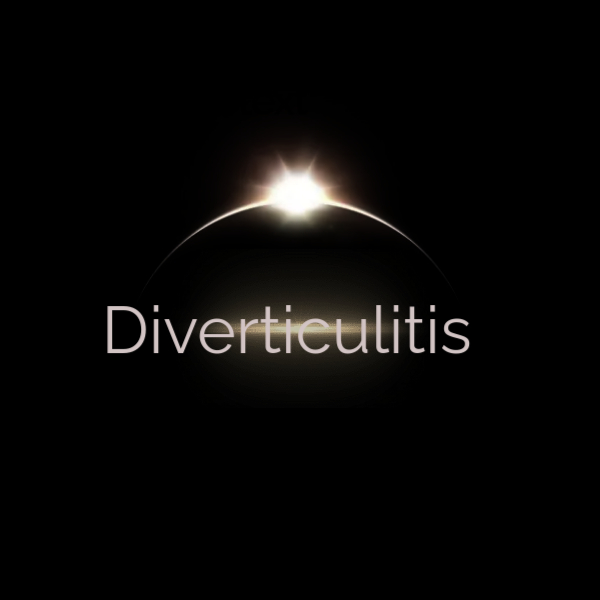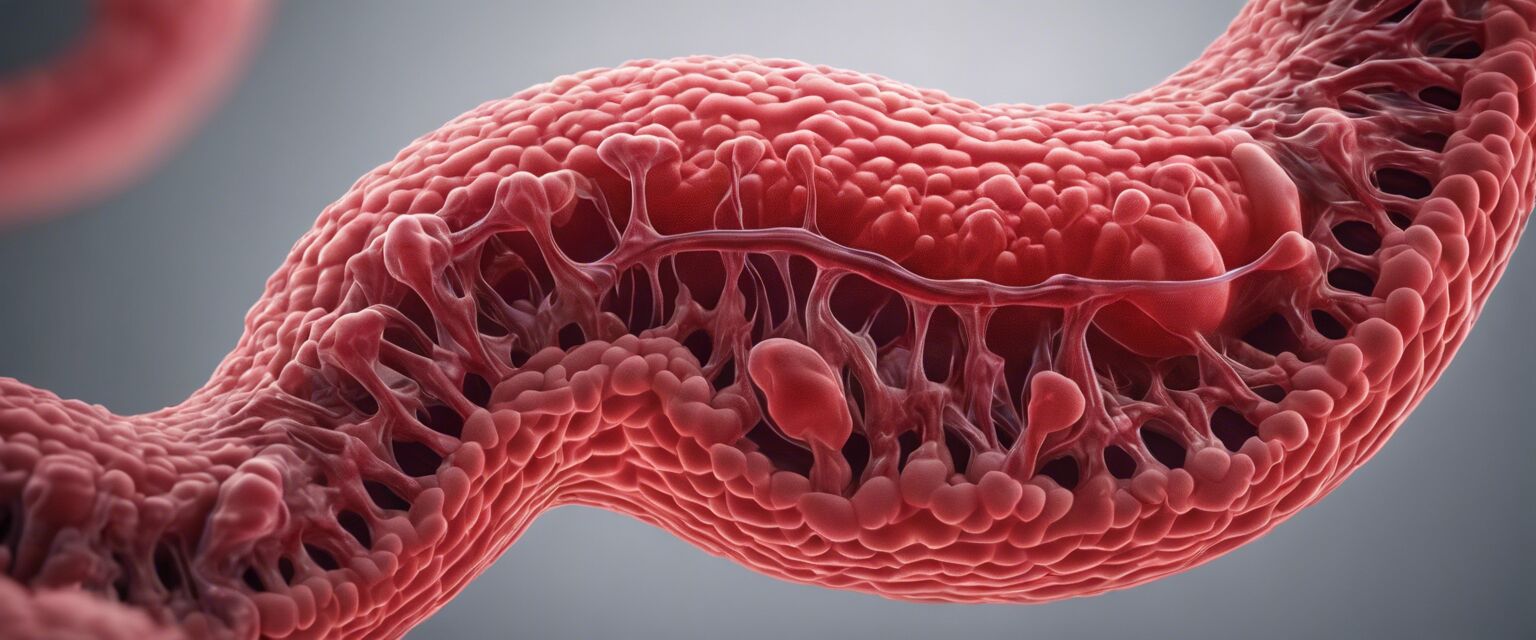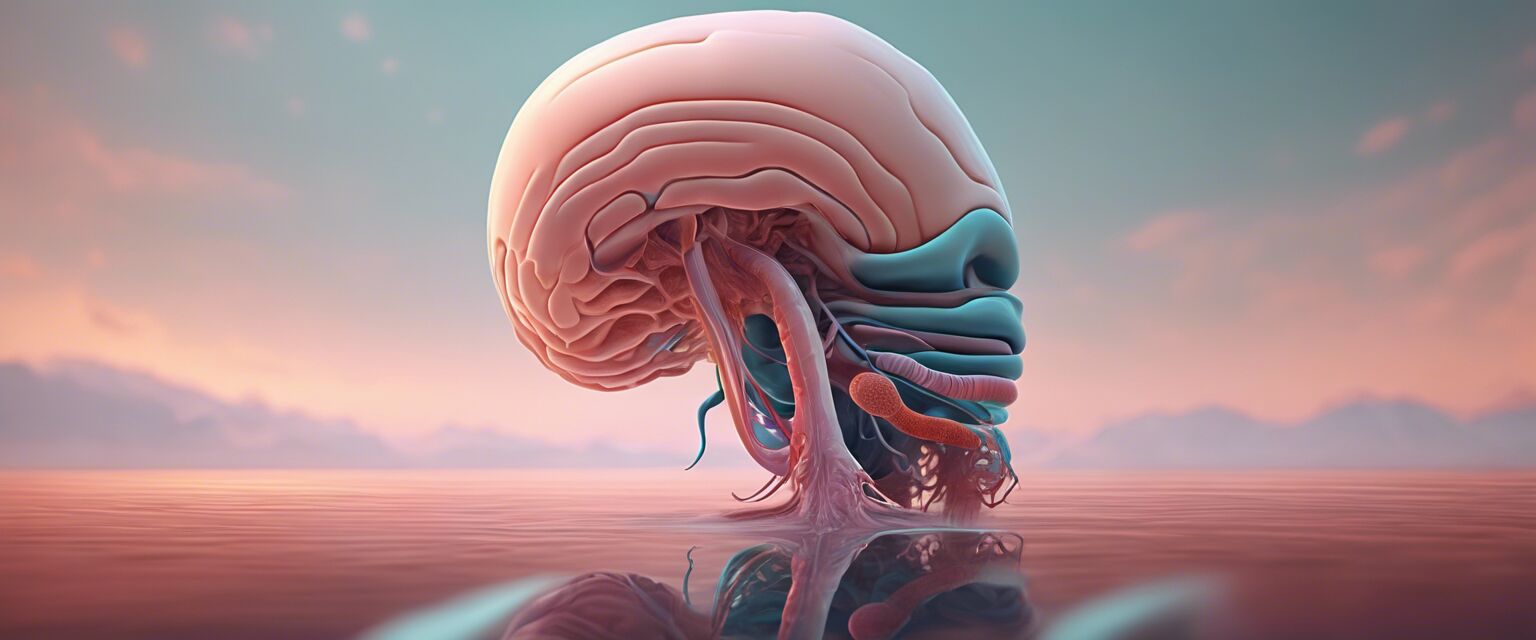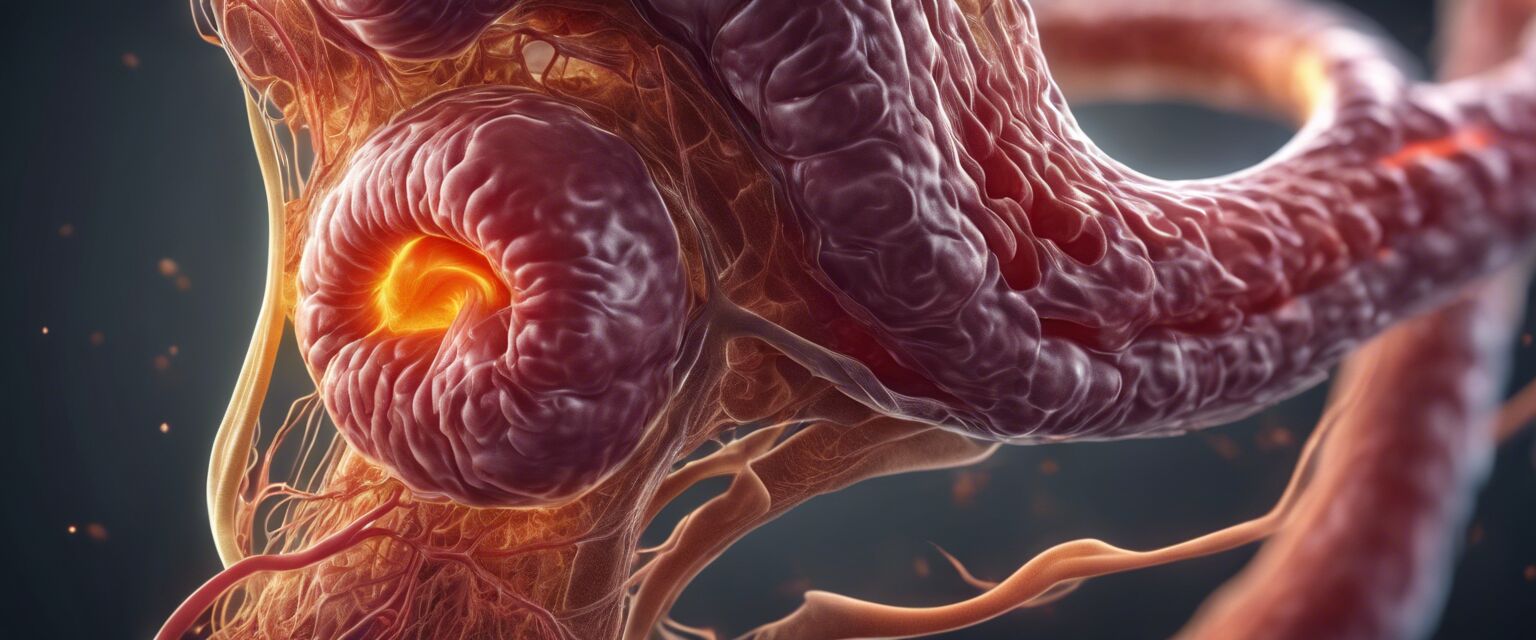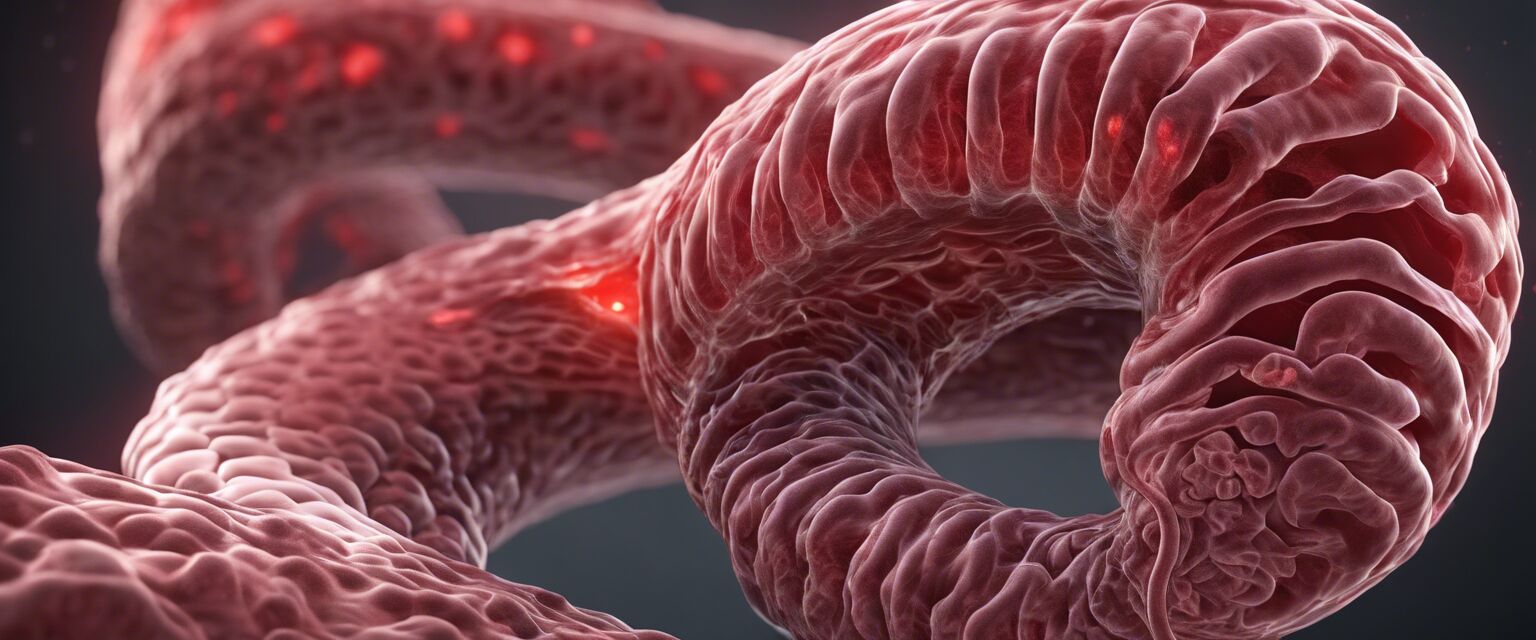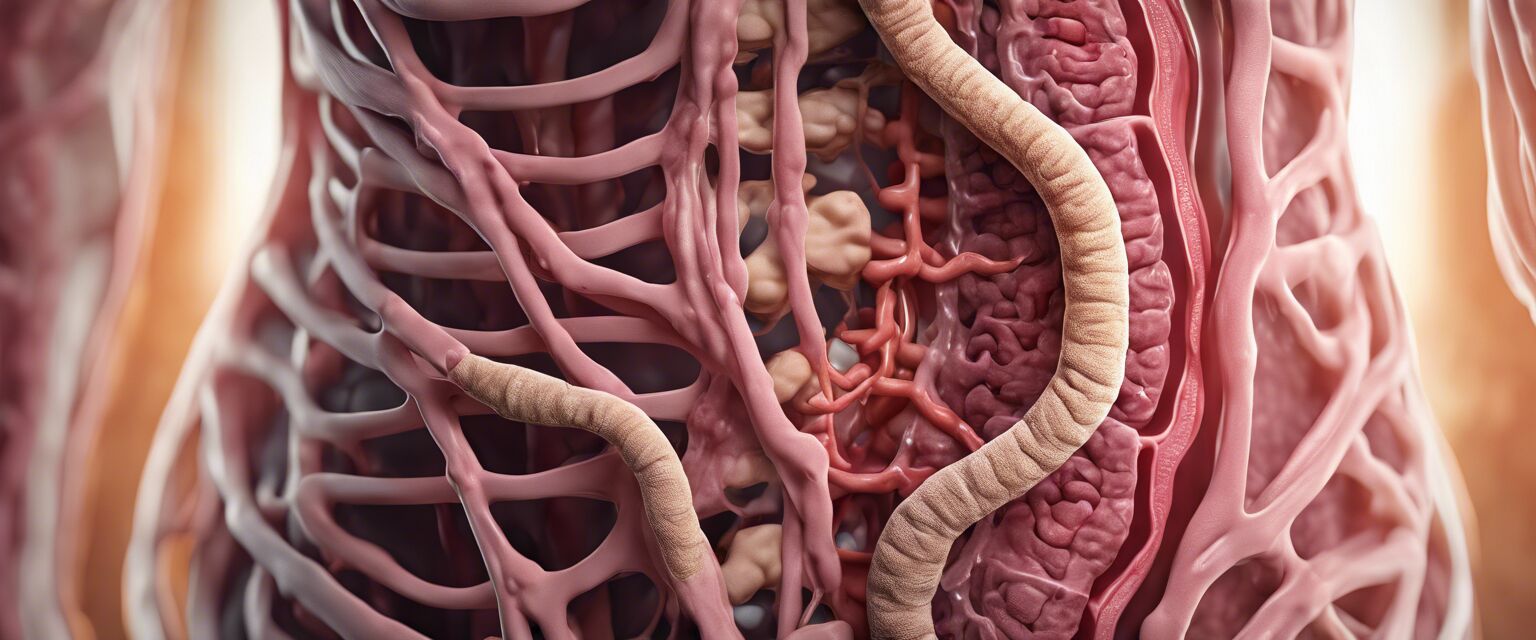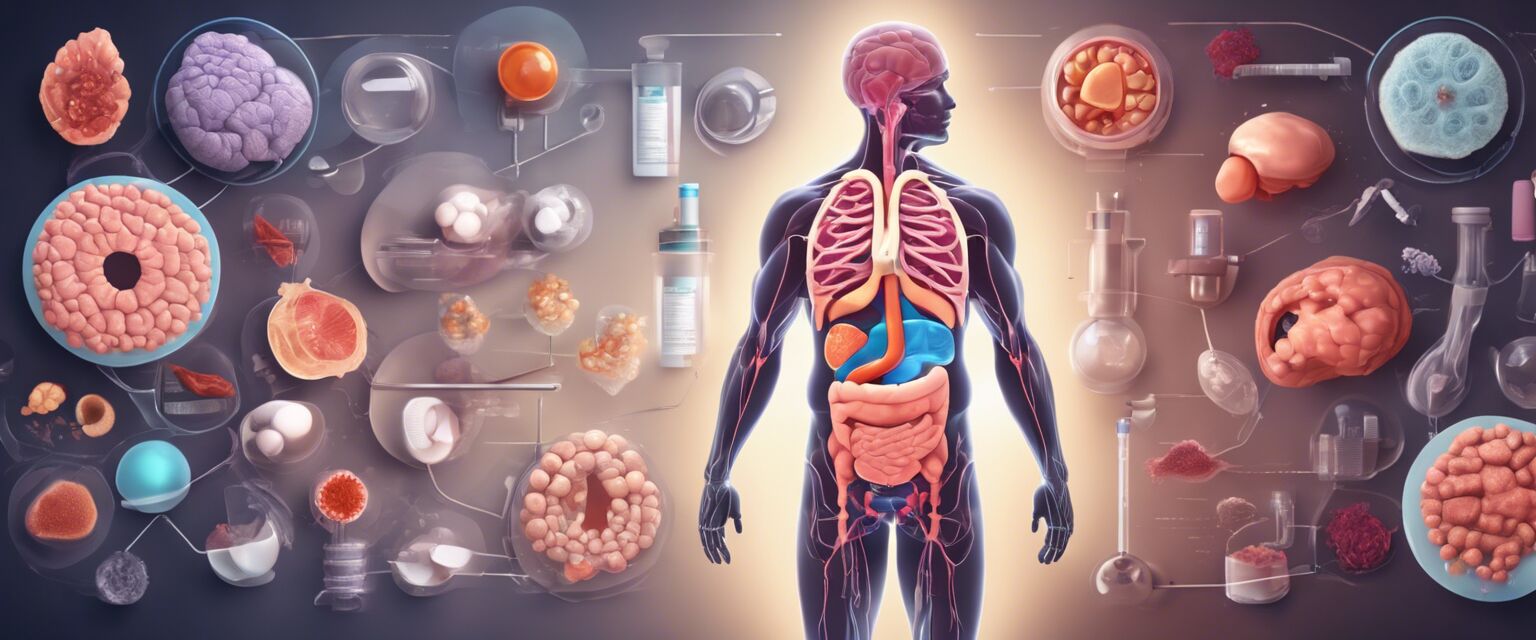
Treatment Options for Diverticulitis
Diverticulitis is a common condition that affects the digestive system, and finding the right treatment option is crucial for managing symptoms and preventing complications. In this article, we will explore the various treatment options available for diverticulitis, from dietary changes to medication and surgery.
Key Takeaways
- Treatment options for diverticulitis range from dietary changes to medication and surgery.
- Lifestyle modifications, such as exercise and stress management, can help alleviate symptoms.
- Antibiotics are often prescribed to treat diverticulitis, but surgery may be necessary in severe cases.
Understanding Diverticulitis
Before we dive into the treatment options, it's essential to understand what diverticulitis is and how it affects the body. Diverticulitis occurs when small pouches in the wall of the colon, called diverticula, become inflamed or infected. This can cause symptoms such as abdominal pain, fever, and changes in bowel habits.
Dietary Changes
One of the most effective ways to manage diverticulitis is through dietary changes. A high-fiber diet can help soften stool and reduce pressure on the colon, reducing the risk of diverticulitis flare-ups. Foods that are high in fiber include fruits, vegetables, and whole grains.

In addition to a high-fiber diet, it's also essential to stay hydrated by drinking plenty of water. Aim to drink at least eight glasses of water per day.
Lifestyle Modifications
In addition to dietary changes, lifestyle modifications can also help alleviate symptoms of diverticulitis. Regular exercise, such as yoga or walking, can help reduce stress and promote regular bowel movements.
Stress management techniques, such as meditation or deep breathing, can also help reduce symptoms of diverticulitis. You can find more information on stress management tools here.
Medication
Antibiotics are
